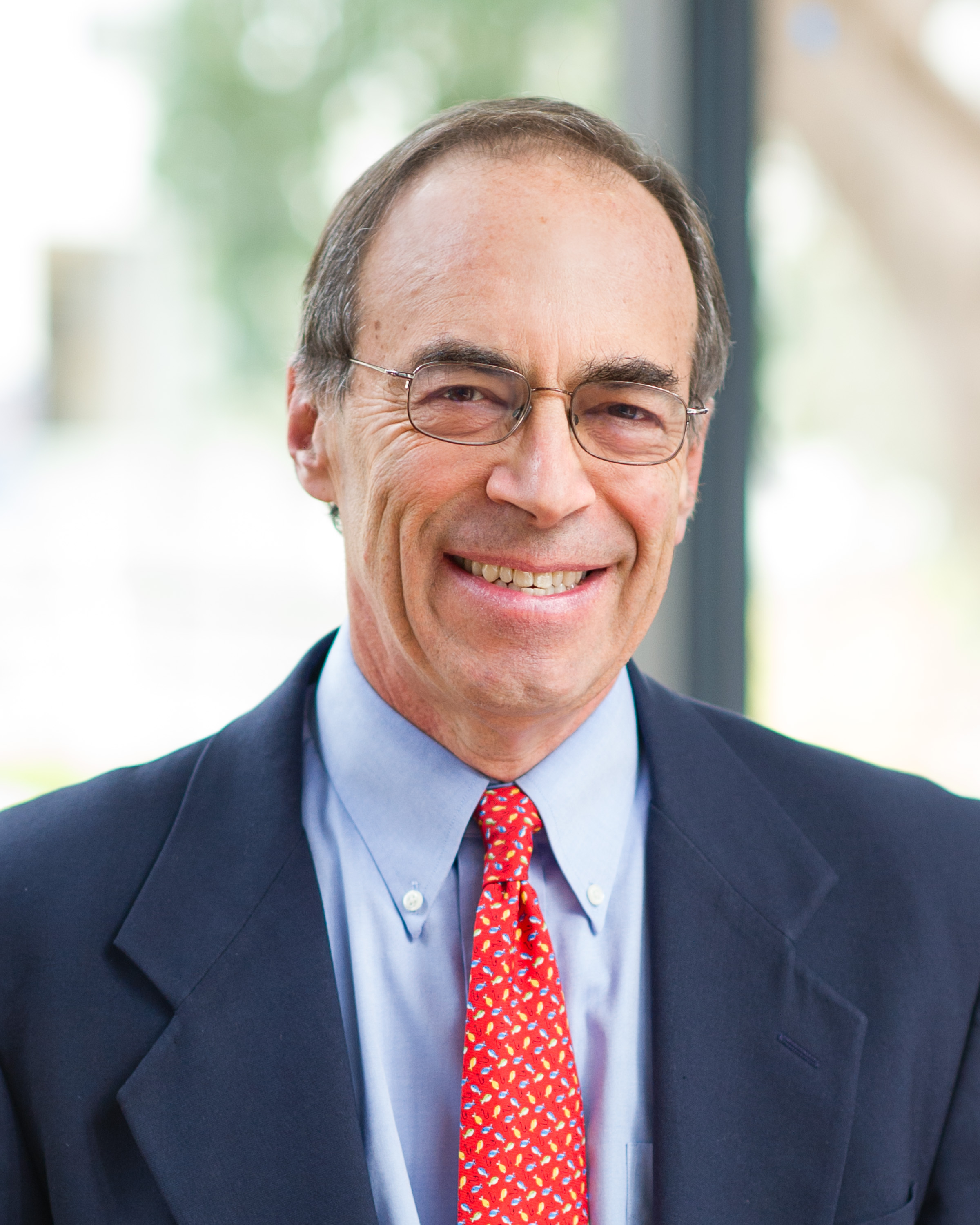
Alan J. Auerbach is the Robert D. Burch Professor of Economics and Law, director of the Burch Center for Tax Policy and Public Finance, and former chair of the Economics Department at the University of California–Berkeley. He is also a research associate of the National Bureau of Economic Research and previously taught at Harvard and the University of Pennsylvania. Professor Auerbach was deputy chief of staff of the US Joint Committee on Taxation in 1992. He is a distinguished fellow of the American Economic Association, where he was previously an Executive Committee member and vice president, and edited its Journal of Economic Perspectives and American Economic Journal: Economic Policy. Professor Auerbach is a past president of the Western Economic Association International and the National Tax Association, from which he received the Daniel M. Holland Medal. He is a fellow of the American Academy of Arts and Sciences and the Econometric Society.
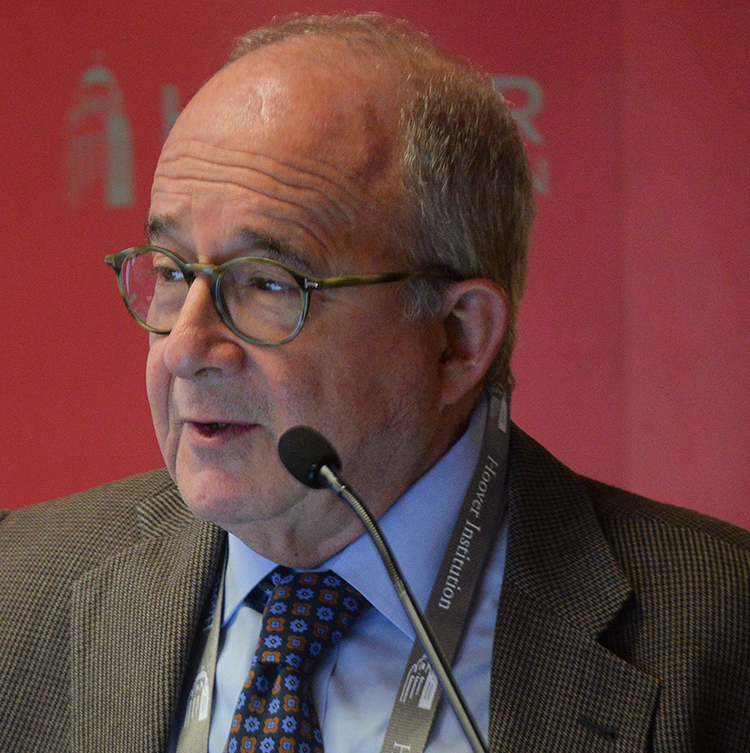
Michael D. Bordo is a Board of Governors Professor of Economics and director of the Center for Monetary and Financial History at Rutgers University. He is the Ilene and Morton Harris Distinguished Visiting Fellow at the Hoover Institution. He has held previous academic posts at the University of South Carolina and Carleton University in Ottawa, Canada, and was a visiting professor at Cambridge, Princeton, and Harvard Universities, and others. Bordo was also a visiting scholar at the International Monetary Fund, the Federal Reserve Banks of St. Louis, Cleveland, and Dallas; the Federal Reserve Board of Governors, the Bank of Canada, the Bank of England; and the Bank for International Settlements. He is a research associate of the National Bureau of Economic Research and a member of the Shadow Open Market Committee. He has published eighteen books on monetary economics and monetary history, most recently The Historical Performance of the Federal Reserve: The Importance of Rules (Hoover Institution Press, 2019). He is the editor of a series of books for Cambridge University Press: Studies in Macroeconomic History. He has a BA from McGill University, an MSc in economics from the London School of Economics, and a PhD from the University of Chicago.
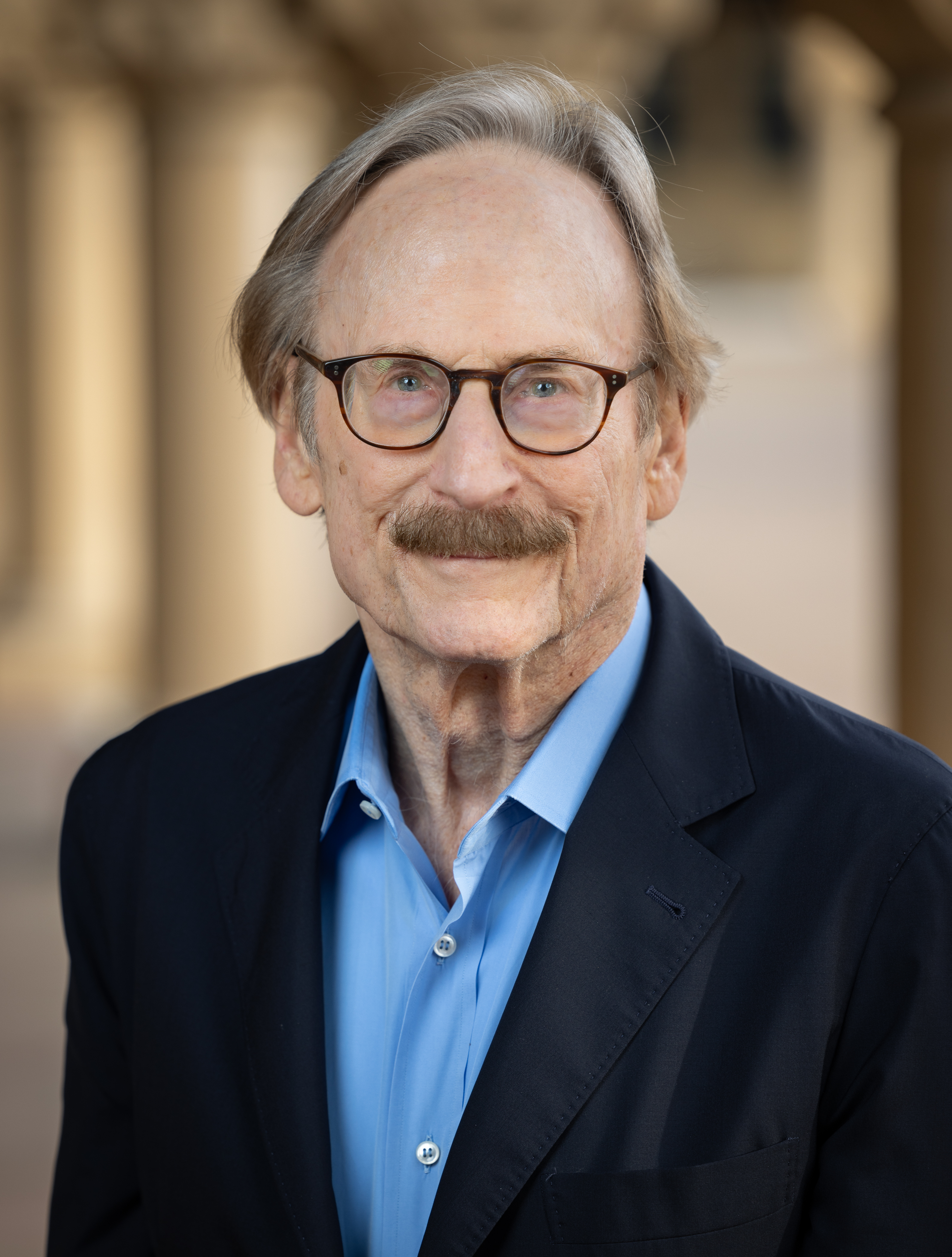
Michael J. Boskin is Stanford’s Tully M. Friedman Professor of Economics, a senior fellow of the Hoover Institution, and a research associate of the National Bureau of Economic Research. As chair of President George H. W. Bush’s Council of Economic Advisers, he helped resolve the Third World debt and the savings and loan financial crises, expand regional and global trade, introduce emissions trading in environmental regulation, and control government spending while protecting the defense budget. On candidate Ronald Reagan’s tax policy task force, he helped develop policies toward lower marginal tax rates, tax bracket inflation indexing, accelerated depreciation, and IRAs and 401(k)s. He later chaired the CPI Commission, whose report transformed the way government statistical agencies around the world measure inflation, GDP, and productivity. His current research focuses on the effects of public policies on economic growth and income distribution. Recent publications include Defense Budgeting for a Safer World (Hoover Institution Press, 2023) and American Federalism Today (Hoover Institution Press, 2024). He is currently working with John Cogan and Lee Ohanian on a project related to California economics.
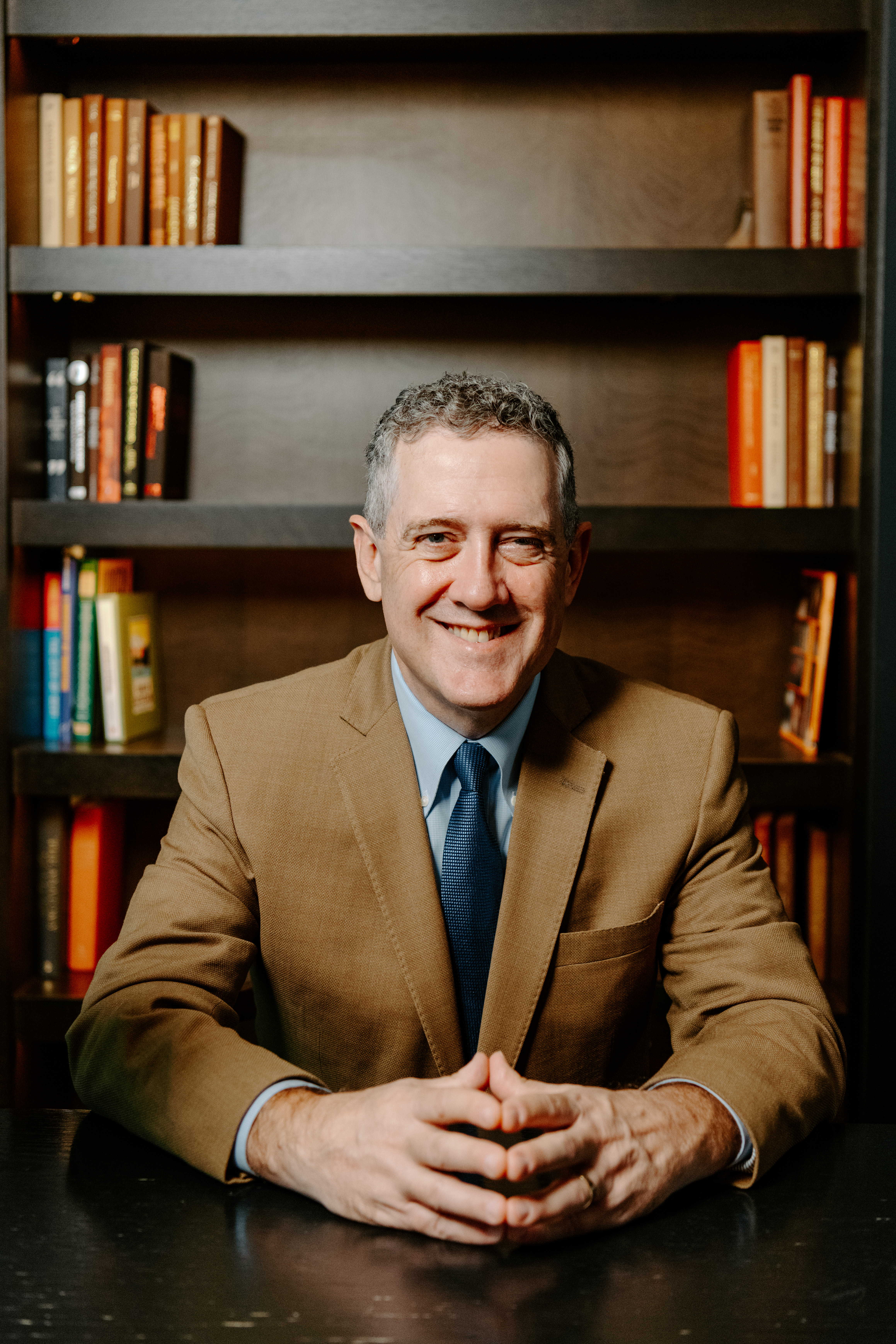
James (Jim) Bullard, former president of the Federal Reserve Bank of St. Louis and one of the nation’s foremost economists and respected scholar-leaders, was chosen in July 2023 as the inaugural dean of the reimagined Mitch Daniels School of Business at Purdue University. Bullard is charged with inspiring, further developing and implementing Purdue’s reimagined approach to a top-ranked business school across undergraduate, graduate, executive, and research programs, preparing tomorrow’s business leaders and entrepreneurs in the Daniels School that is grounded in the principles of free-enterprise, free-market economy in generating opportunities and prosperity, and in the hallmarks of a well-rounded Purdue education, with a particular emphasis on tech-driven, analytics-based business success. Serving 15 years as the sitting president and chief executive officer of the Federal Reserve Bank of St. Louis, Bullard earned significant praise and accolades for his long-standing leadership and innovative thinking as part of the Federal Open Market Committee in guiding the direction of US monetary policy. A noted economist and scholar, Bullard had been the longest-serving Federal Reserve Bank president in the country and ranked as the seventh-most influential economist in the world in 2014.
.jpeg)
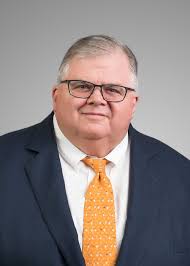
Agustín Carstens is the General Manager of the Bank for International Settlements (BIS), beginning his term in December 2017. A member of the BIS Board from 2011 to 2017, he was chair of the Global Economy Meeting and the Economic Consultative Committee from 2013 until 2017. Carstens was also governor of the Bank of Mexico from 2010 to 2017 and chaired the International Monetary and Financial Committee, the policy advisory committee of the International Monetary Fund (IMF), from 2015 to 2017. Carstens began his career in 1980 at the Bank of Mexico. From 1999 to 2000, he was executive director at the IMF. He later served as Mexico’s deputy finance minister (2000–3) and as deputy managing director at the IMF (2003–6). He was Mexico’s finance minister from 2006 to 2009. Carstens has been a member of the Financial Stability Board since 2010 and is a member of the Group of Thirty. Carstens holds an MA and a PhD in economics from the University of Chicago.
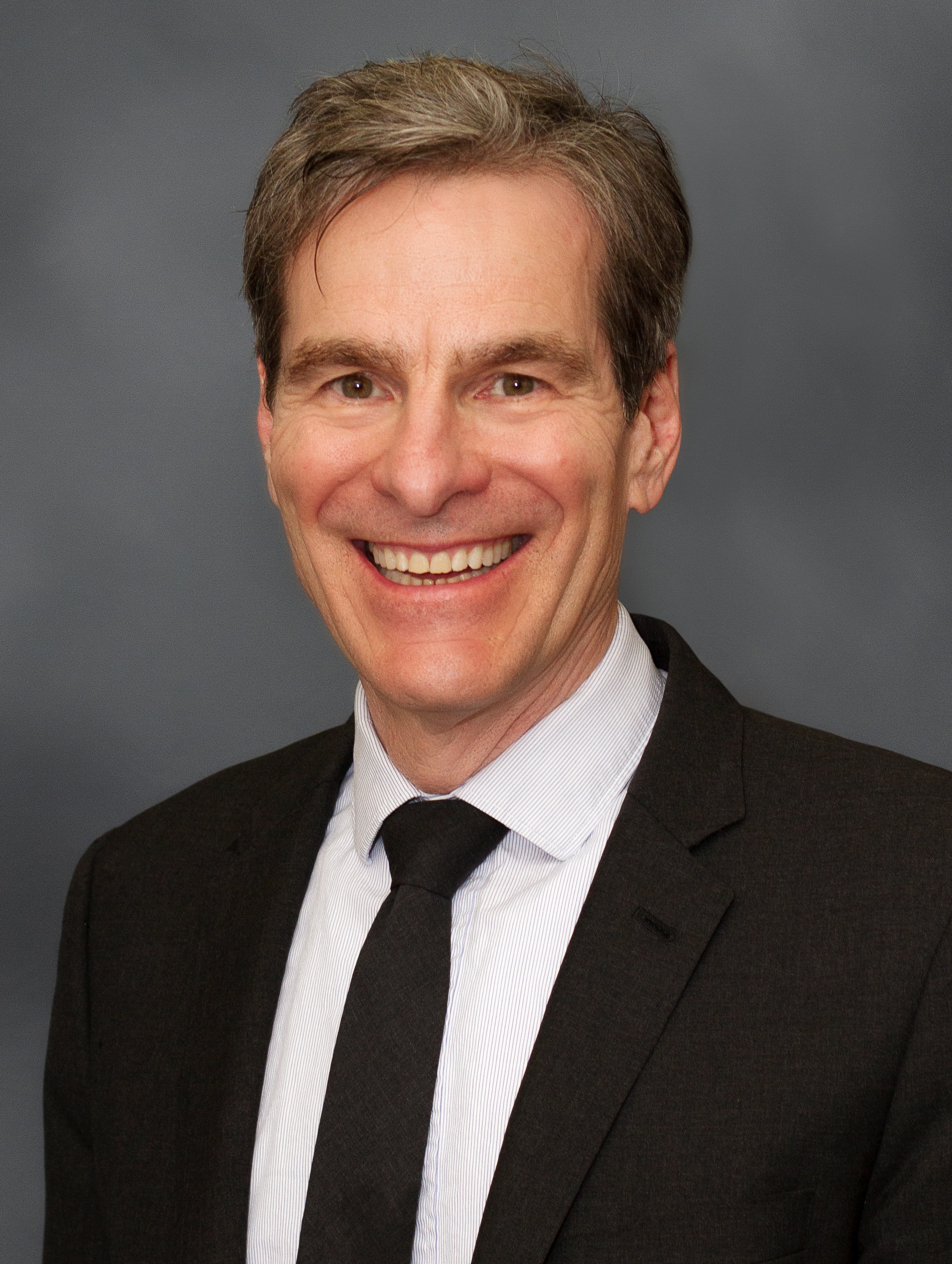
John H. Cochrane is the Rose-Marie and Jack Anderson Senior Fellow at the Hoover Institution. He is also a research associate of the National Bureau of Economic Research and an adjunct scholar of the Cato Institute. Before joining Hoover, Cochrane was a professor of finance at the University of Chicago’s Booth School of Business and previously taught in its Economics Department. He served as president of the American Finance Association and is a fellow of the Econometric Society. He writes on asset pricing, financial regulation, business cycles, and monetary policy. He has also written articles on macroeconomics, health insurance, time-series econometrics, financial regulation, and other topics. His books include Crisis Cycle: Challenges, Evolution, and Future of the Euro (Princeton University Press, 2025, with Luis Garicano and Klaus Masuch), The Fiscal Theory of the Price Level (Princeton University Press, 2023), and Asset Pricing (Princeton University Press, 2001, rev. 2005). Cochrane frequently contributes op-eds to The Wall Street Journal and other publications and maintains the Grumpy Economist blog. Cochrane earned a bachelor’s degree in physics at the Massachusetts Institute of Technology and his PhD in economics at the University of California–Berkeley.
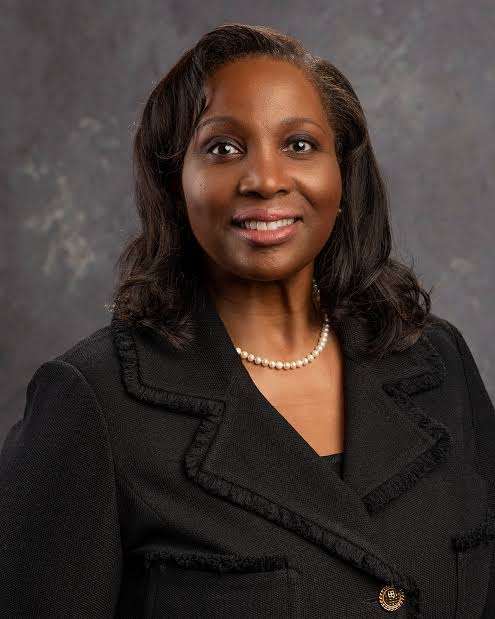
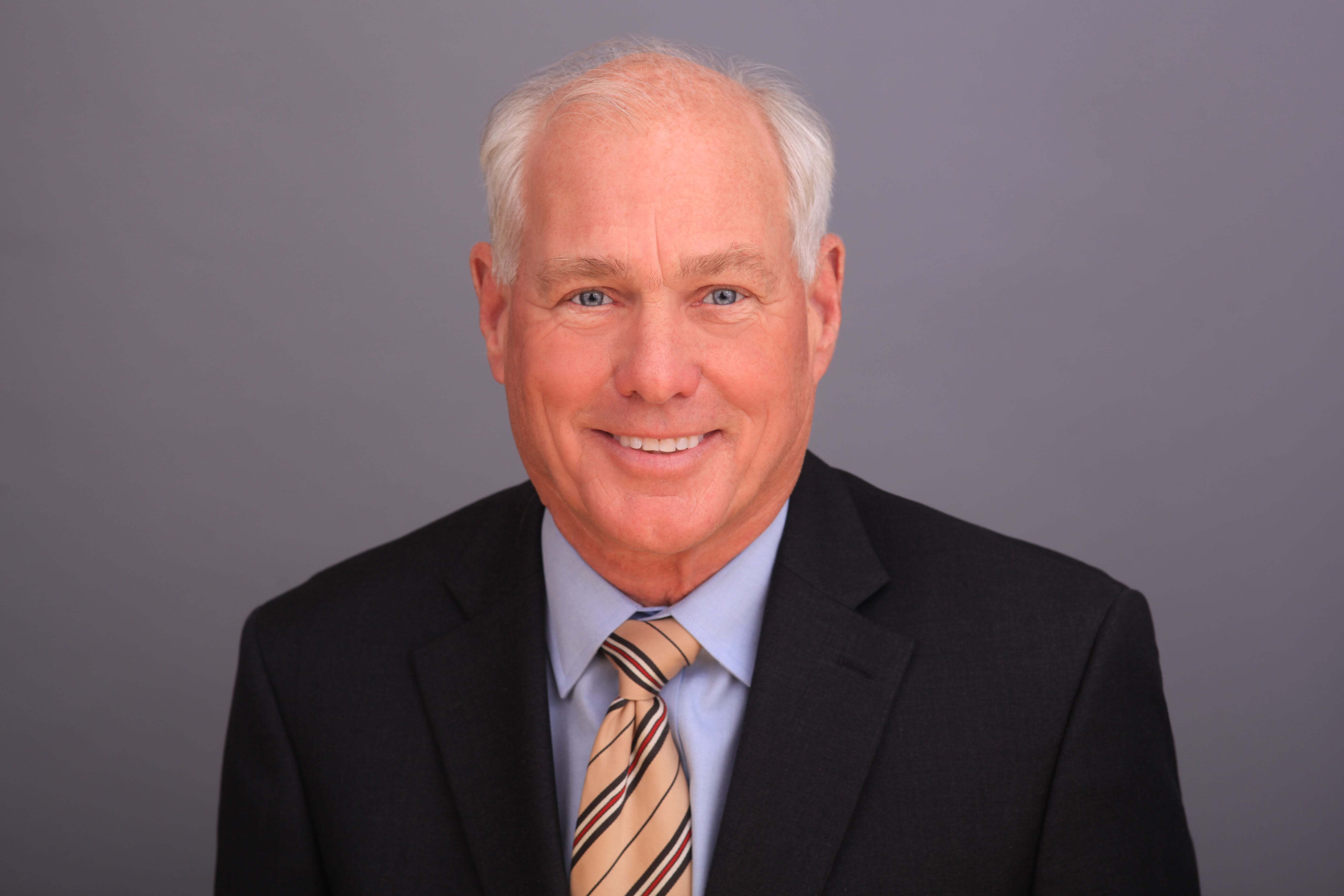
John F. Cogan is the Leonard and Shirley Ely Senior Fellow at the Hoover Institution. He was a member of the Stanford Public Policy program faculty from 1994 to 2019. His research is focused on the US budget and federal entitlement programs. He received his PhD in economics from UCLA in 1976. In the 1980s, he served as assistant secretary for policy in the US Department of Labor and as deputy director of the Office of Management and Budget. He has served on numerous federal and state government commissions, including President George W. Bush’s Commission to Strengthen Social Security, the US Bipartisan Commission on Health Care (the Pepper Commission), and the National Academy of Sciences’ Panel on Poverty and Family Assistance. He is the author of The High Cost of Good Intentions: A History of Federal Entitlement Programs (Stanford University Press, 2017), which received the 2018 Hayek Prize. He also served on the Board of Directors of Gilead Sciences and the Board of Trustees of the Charles Schwab Family of Funds.
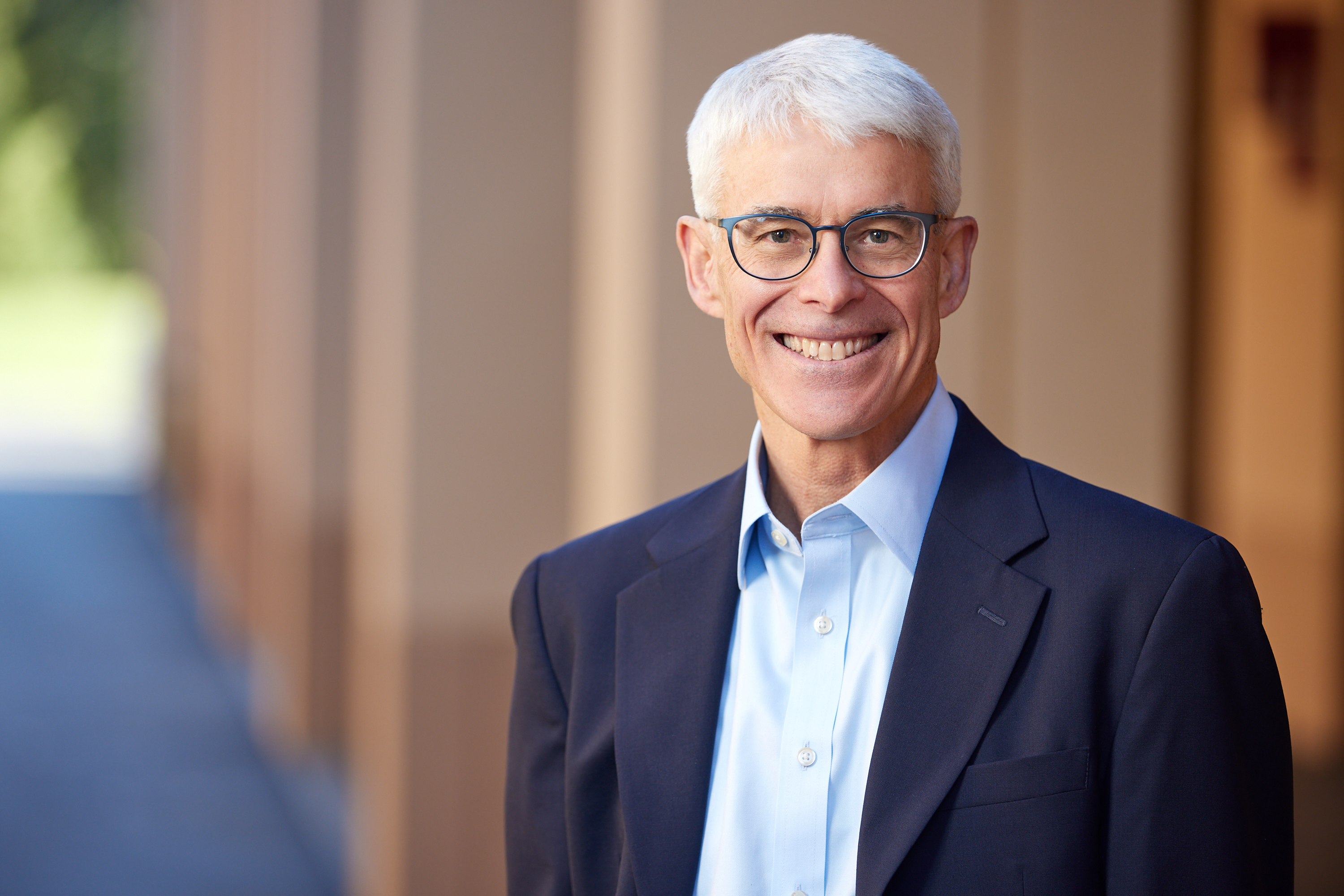
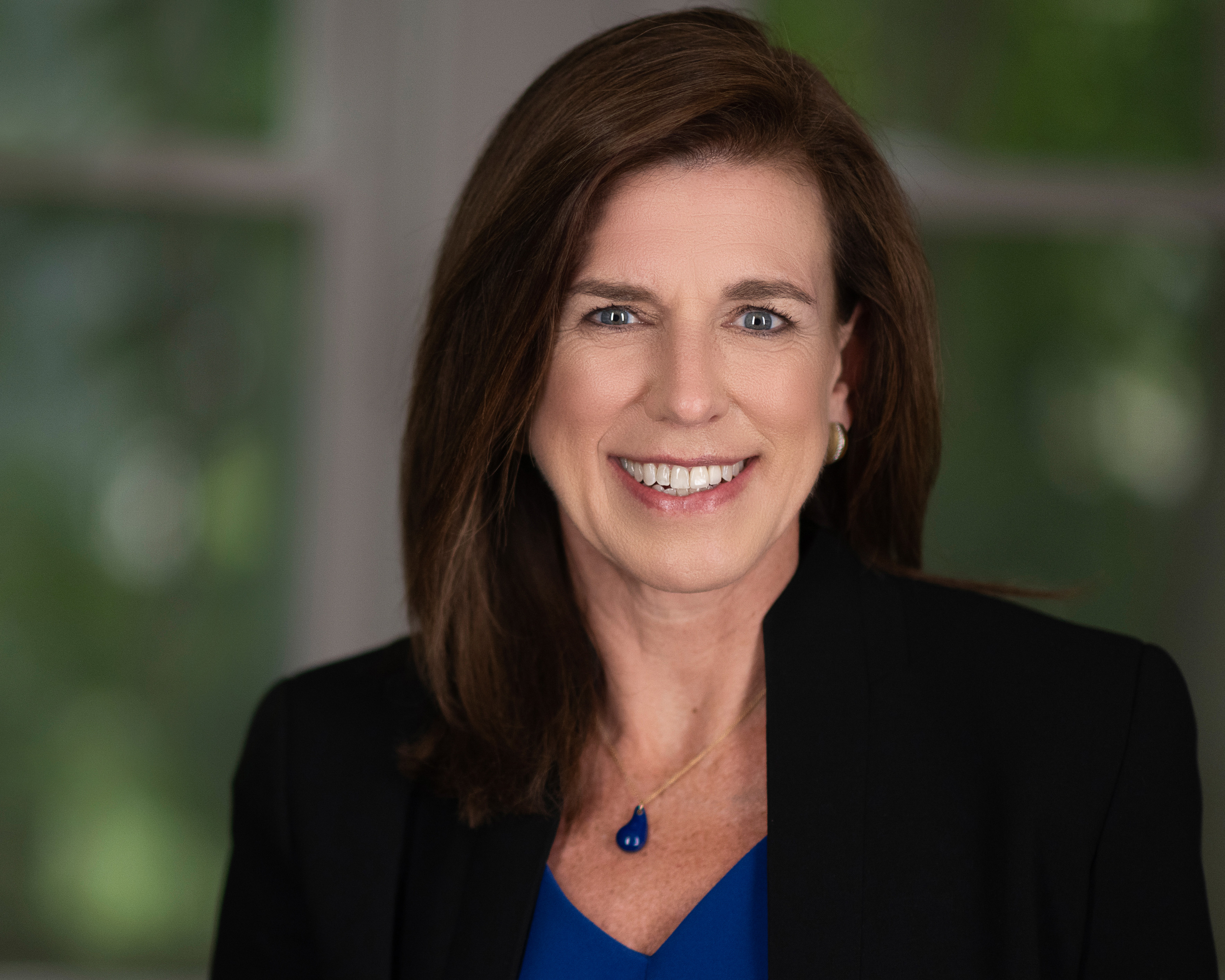
Kristin Forbes is the Jerome and Dorothy Lemelson Professor of Management and Global Economics at MIT’s Sloan School of Management. She has regularly rotated between academia and senior policy positions. From 2014 to 2017 she was an external member of the Monetary Policy Committee for the Bank of England; from 2003 to 2005 she served as a member of the White House’s Council of Economic Advisers; and from 2001 to 2002 she was a deputy assistant secretary in the US Treasury Department. In 2019, Forbes was named an honorary Commander of the Order of the British Empire (CBE) by Her Majesty Queen Elizabeth II. She is currently the convener of the Bellagio Group, a research associate at the National Bureau of Economic Research and the Center for Economic and Policy Research, and a member of the Aspen Economic Strategy Group and the Council on Foreign Relations. She also serves in a number of advisory positions, including for the Bank for International Settlements and the International Monetary Fund. Forbes has won numerous teaching awards and teaches one of the most popular classes at MIT’s Sloan School. Before joining MIT, Forbes worked at the World Bank and Morgan Stanley. She received her PhD in economics from MIT and graduated summa cum laude, with highest honors, from Williams College.

Jason Furman is the Aetna Professor of the Practice of Economic Policy jointly at Harvard Kennedy School and the Department of Economics at Harvard University. Furman engages with public policy through research, writing, and teaching in a wide range of areas, including US and international macroeconomics, fiscal policy, labor markets, and competition policy. Previously, Furman served eight years as a top economic advisor to President Obama, including as the 28th chairman of the Council of Economic Advisers from August 2013 to January 2017, as President Obama’s chief economist, and as a member of the cabinet. In addition to publishing articles in scholarly journals and periodicals, Furman is a regular contributor to The Wall Street Journal and Project Syndicate and the editor of two books on economic policy. Furman holds a PhD in economics from Harvard University.
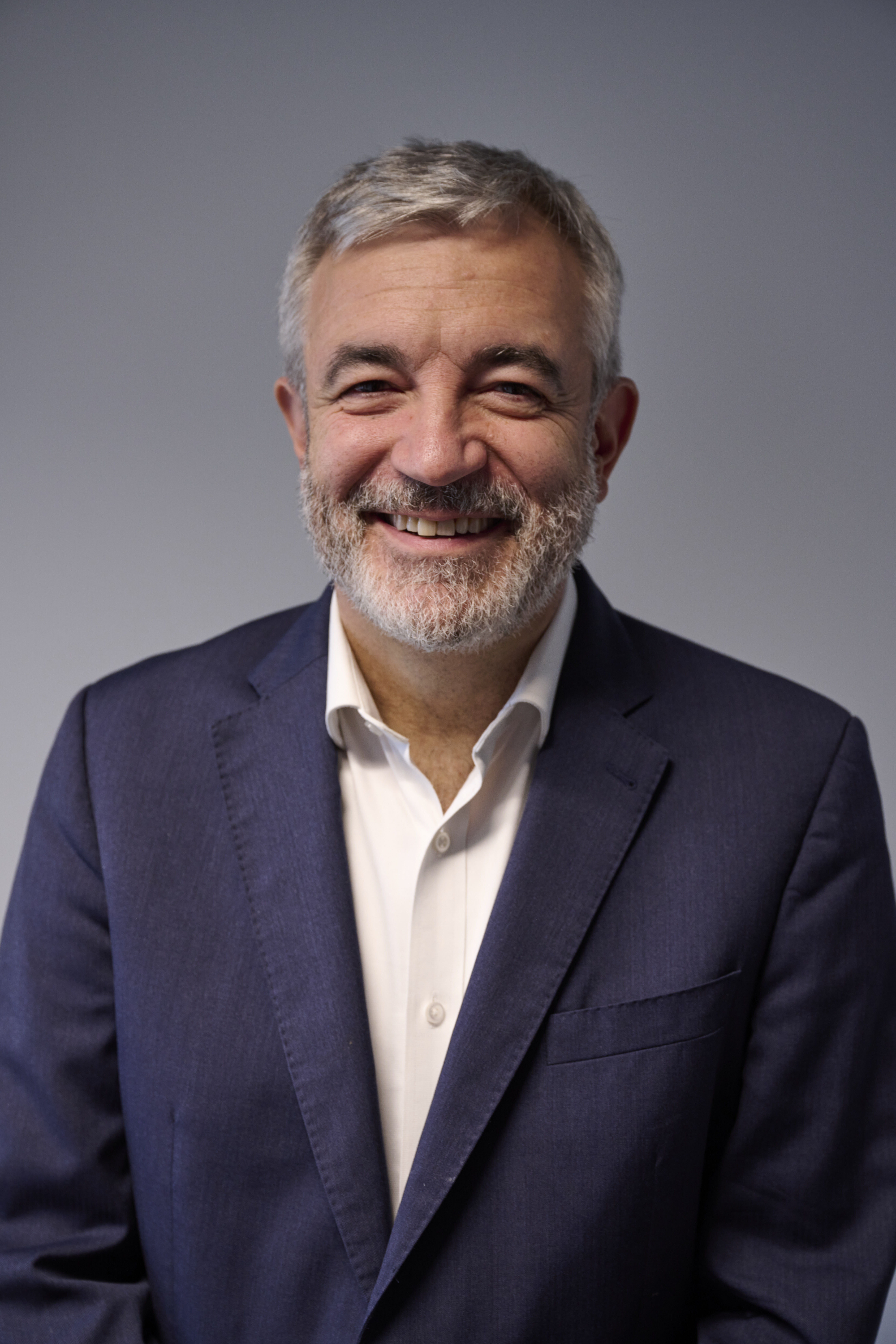
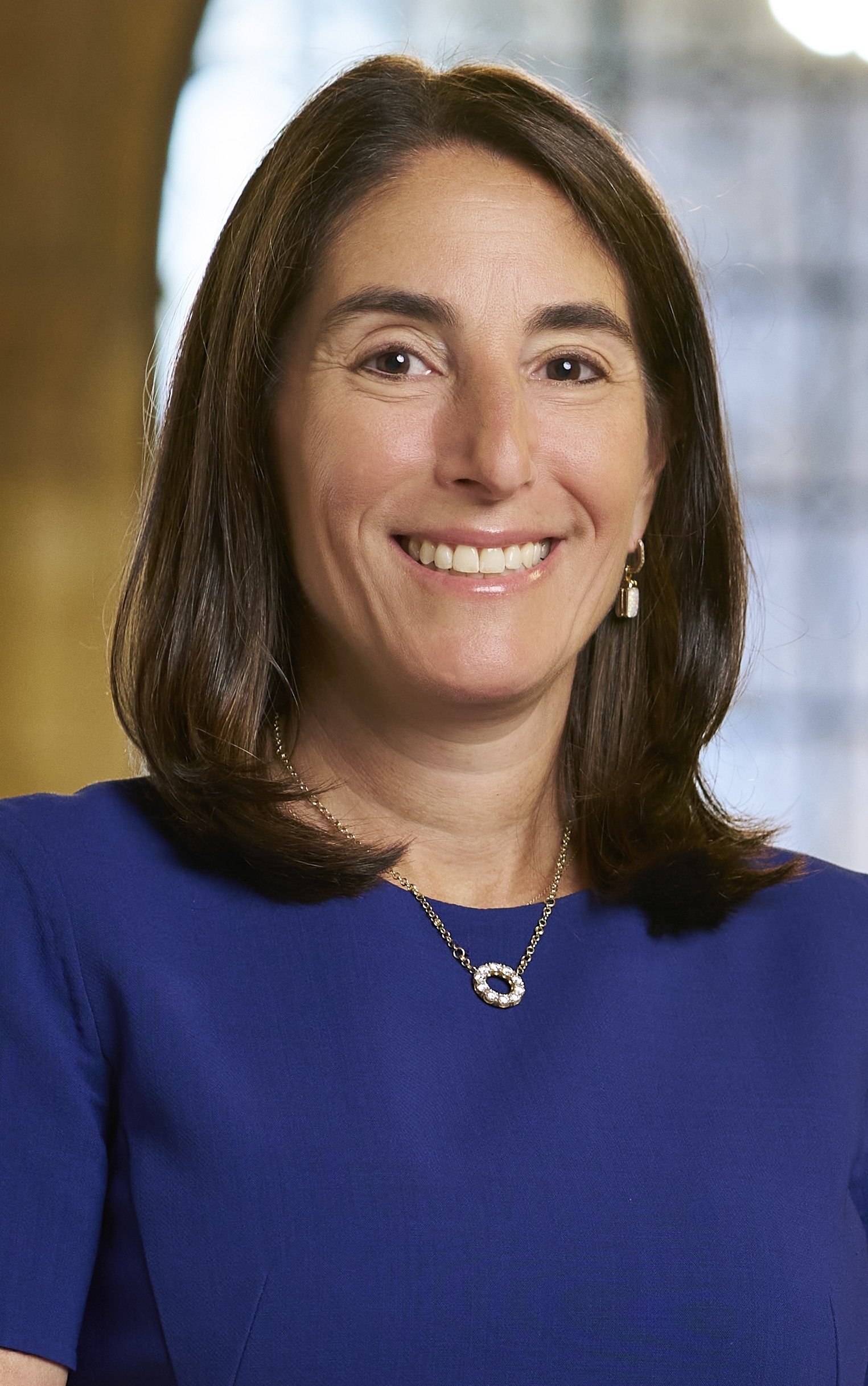
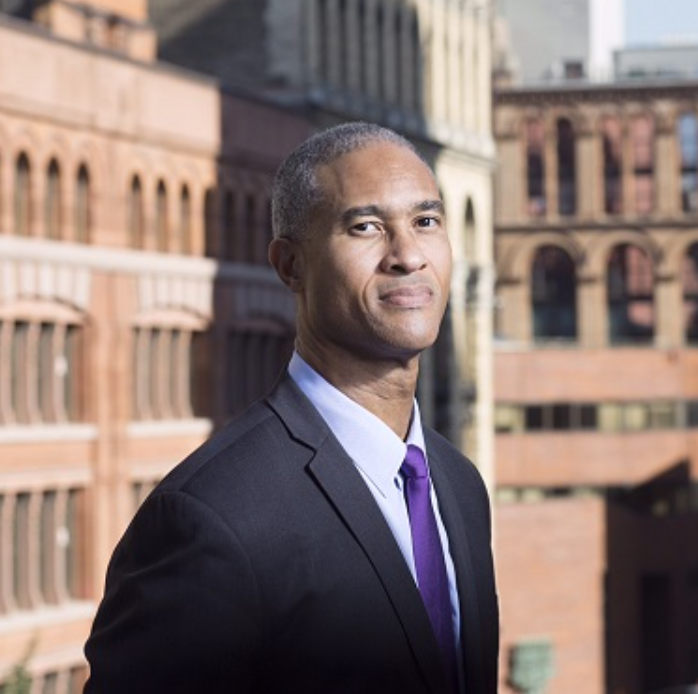
Peter Blair Henry is the Class of 1984 Senior Fellow at the Hoover Institution, senior fellow at Stanford University’s Freeman Spogli Institute for International Studies, and dean emeritus of New York University’s Leonard N. Stern School of Business. Henry is the former Konosuke Matsushita Professor of International Economics at the Stanford Graduate School of Business, where his research was funded by a National Science Foundation CAREER Award. He is the author of Turnaround: Third World Lessons for First World Growth (Basic Books, 2013). Chair of the board of the National Bureau of Economic Research, Henry received the Foreign Policy Association Medal in 2015, and in 2016 he was honored as one of the Carnegie Foundation’s Great Immigrants. Henry also leads the PhD Excellence Initiative, a predoctoral fellowship program in economics sponsored by Hoover and the Alfred P. Sloan Foundation, for which he received the 2022 Impactful Mentoring Award from the American Economic Association. Henry received his PhD in economics from MIT and bachelor’s degrees from Oxford University and the University of North Carolina at Chapel Hill.
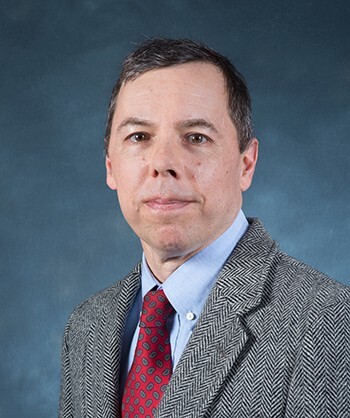
Peter Ireland is the Murray and Monti Professor of Economics at Boston College, where he teaches courses on macroeconomics and financial economics for undergraduates and doctoral students, and a member of the Shadow Open Market Committee. His writing and research focus on monetary policy and its effects on the economy. Before joining the faculty at Boston College in 1998, Ireland held a teaching position at Rutgers University in New Brunswick, New Jersey, and worked as a research economist at the Federal Reserve Bank of Richmond in Virginia. He received undergraduate and graduate degrees in economics from the University of Chicago.
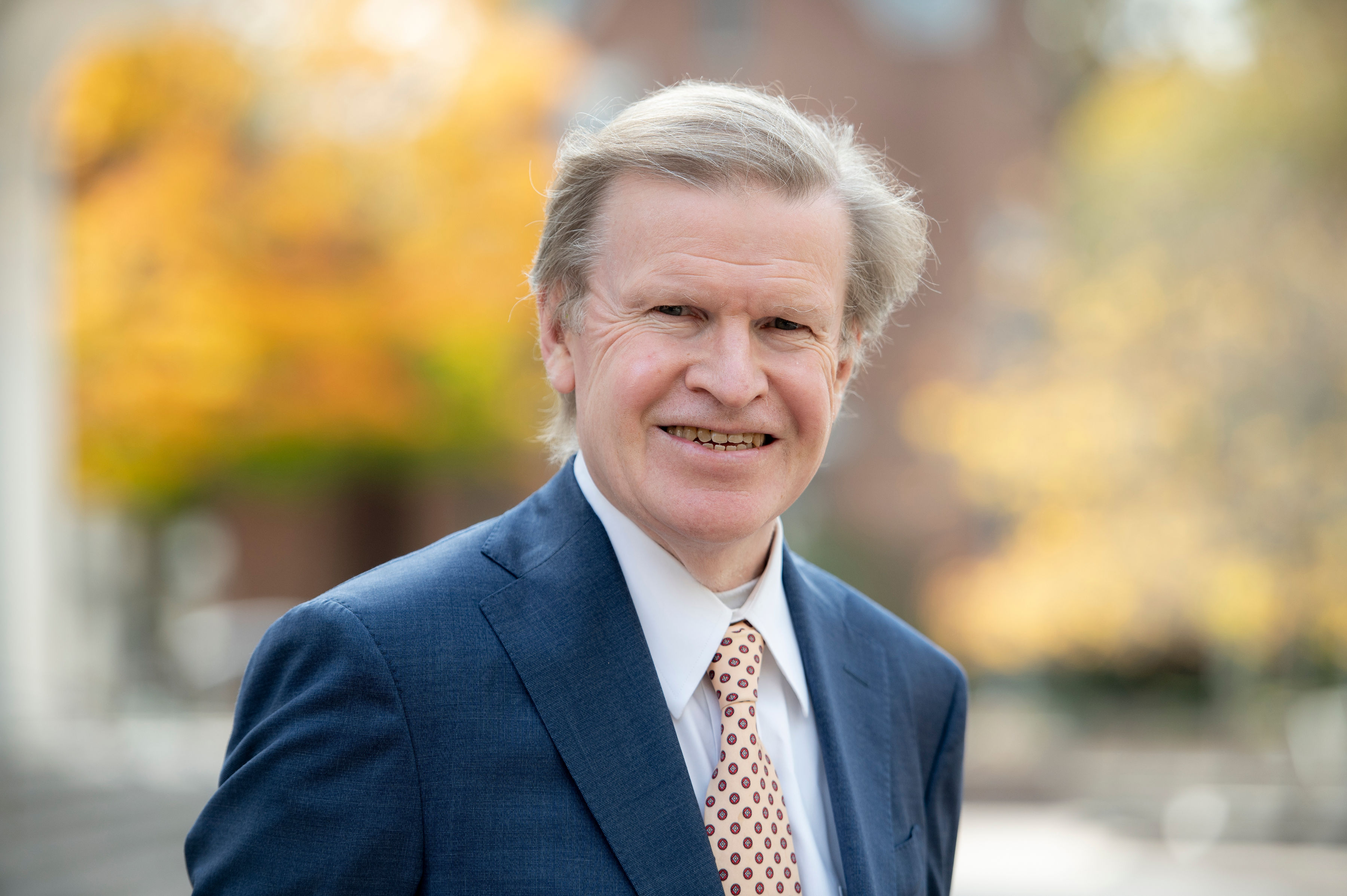
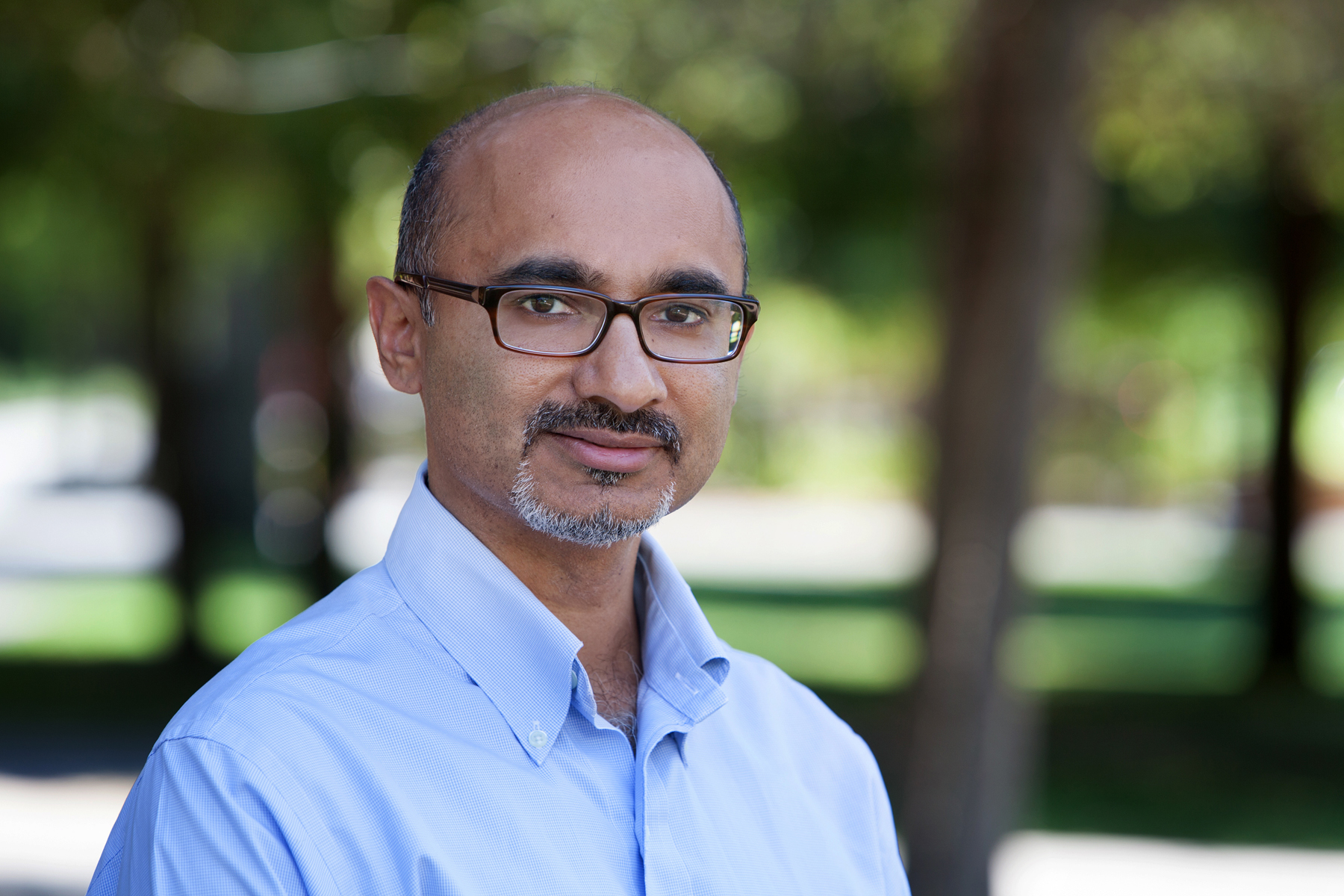

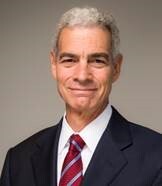
Mickey D. Levy is a visiting fellow at the Hoover Institution and a long-standing member of the Shadow Open Market Committee. He currently runs MDL Insights, an economic consulting firm. From 1998 to 2013 he was the chief economist of Bank of America. He conducts research on monetary and fiscal policies and how they influence economic and financial market behavior. His articles appear frequently in The Wall Street Journal and various policy journals. He testifies before the US Congress on monetary and banking policies, credit conditions and debt, and fiscal and budget policies.
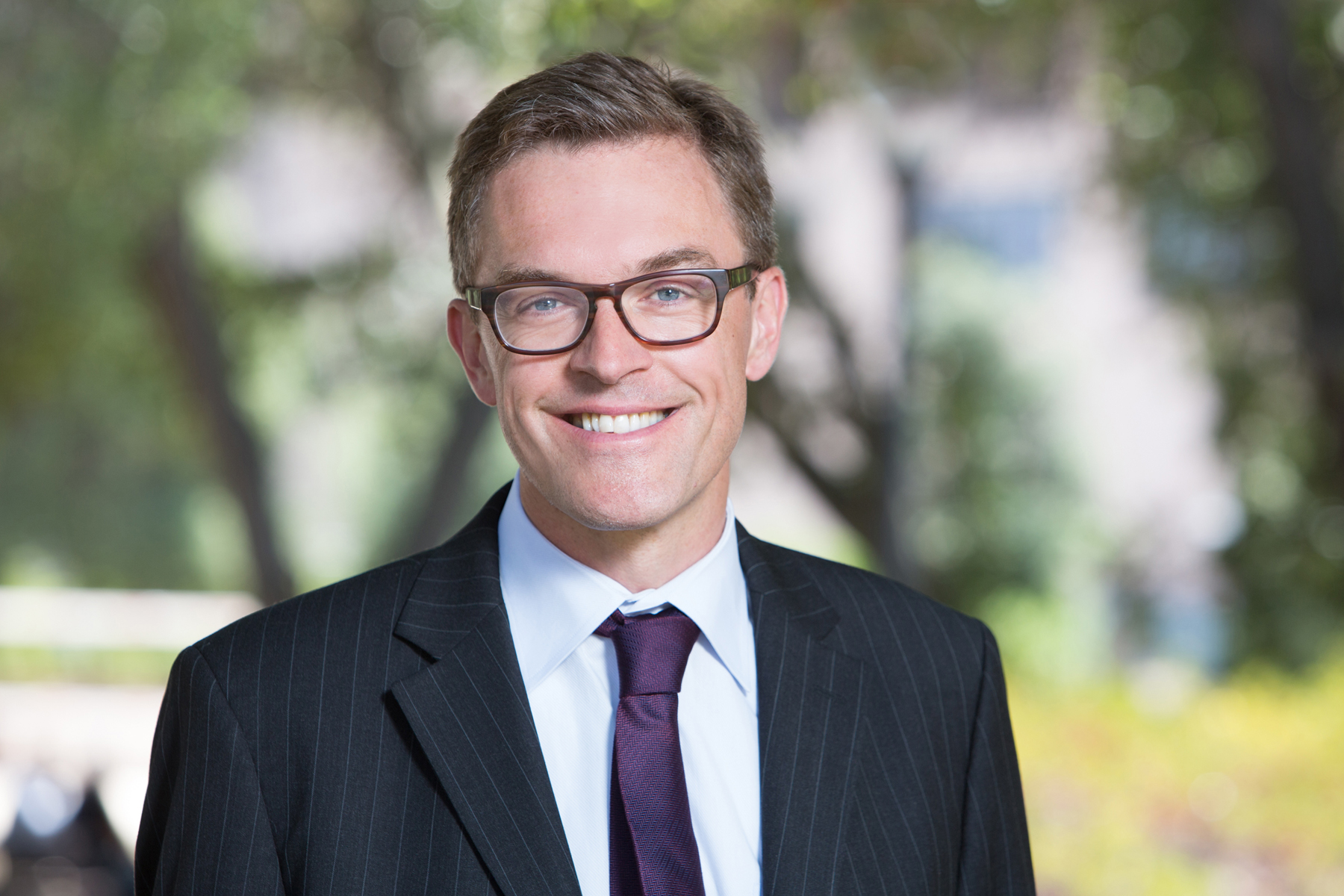
Hanno Lustig is the Mizuho Financial Group Professor of Finance at the Stanford Graduate School of Business. He is a faculty research fellow at the National Bureau of Economic Research and was an associate editor at The Journal of Finance and Econometrica. Between 2019 and 2021, Hanno served on the Allocation Advisory Board of Norway’s central bank, which provides the chief investment officer of the bank with input regarding key areas in economics and finance that pertain to asset allocation.

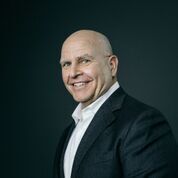
H. R. McMaster is the Fouad and Michelle Ajami Senior Fellow at the Hoover Institution, Stanford University. He is also the Bernard and Susan Liautaud Fellow at the Freeman Spogli Institute and a lecturer at Stanford University’s Graduate School of Business. Upon graduation from the US Military Academy in 1984, McMaster served as a commissioned officer in the US Army for 34 years. He retired as a lieutenant general in June 2018 after serving as the 25th assistant to the president for national security affairs. He holds a PhD in military history from the University of North Carolina at Chapel Hill. He is the author of the bestselling books Battlegrounds: The Fight to Defend the Free World (Harper, 2020) and Dereliction of Duty: Lyndon Johnson, Robert McNamara, the Joint Chiefs of Staff and the Lies that Led to Vietnam (HarperCollins, 1997). In August 2024, McMaster released his most recent book, At War with Ourselves: My Tour of Duty in the Trump White House (Harper). He is the host of Battlegrounds: Vital Perspectives on Today’s Challenges and is a regular on GoodFellows, both produced by the Hoover Institution. He is a distinguished university fellow at Arizona State University.
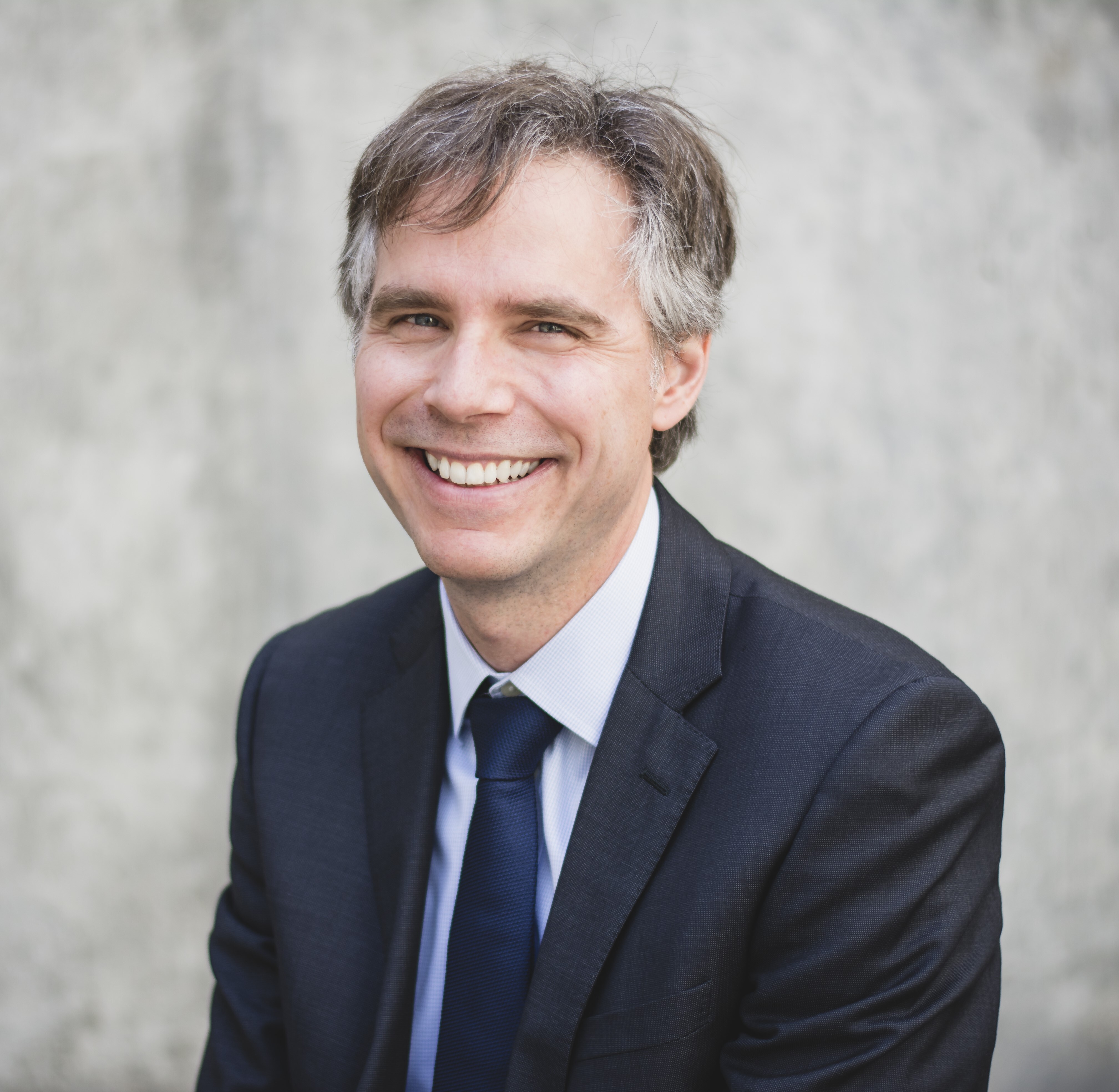
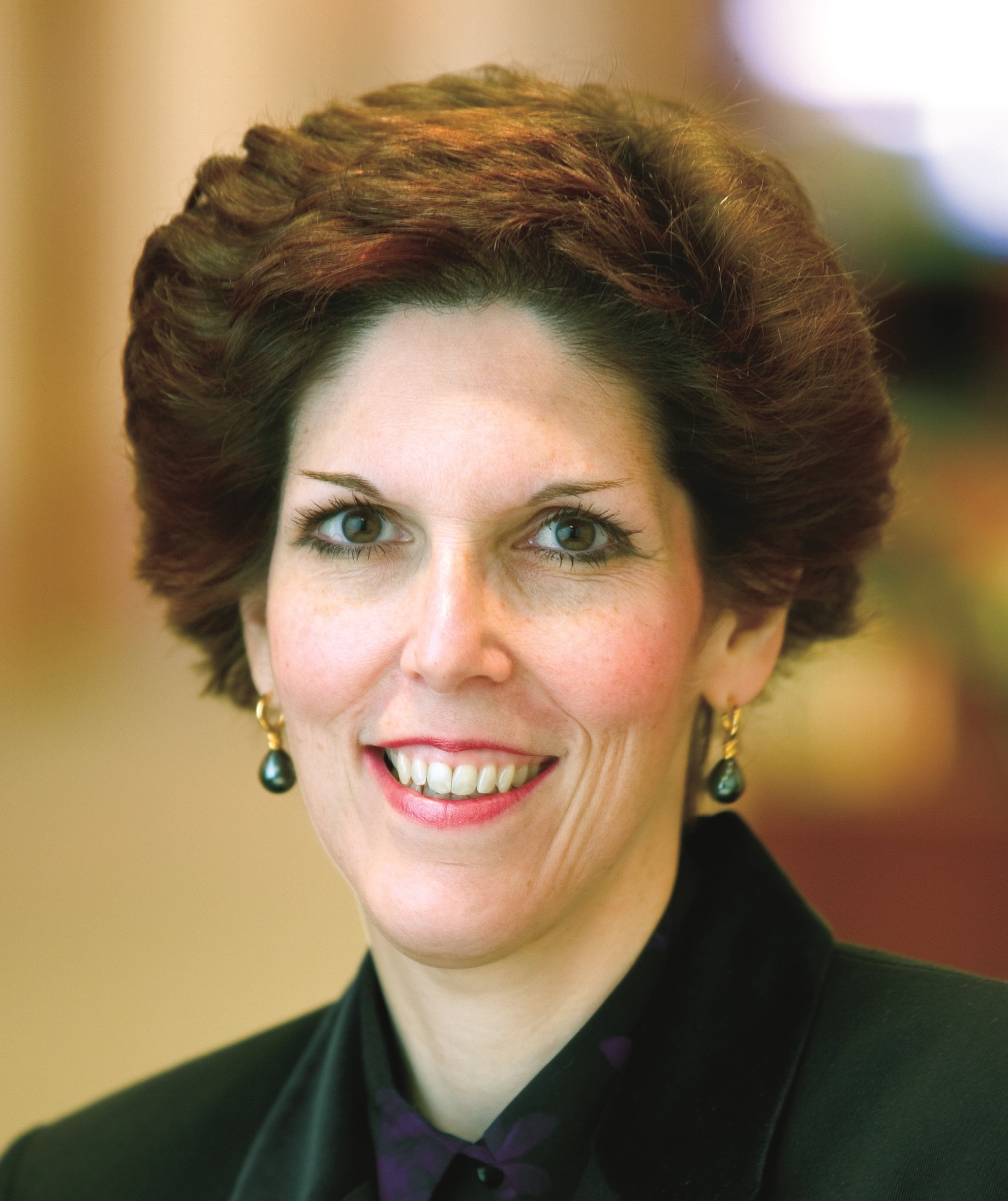
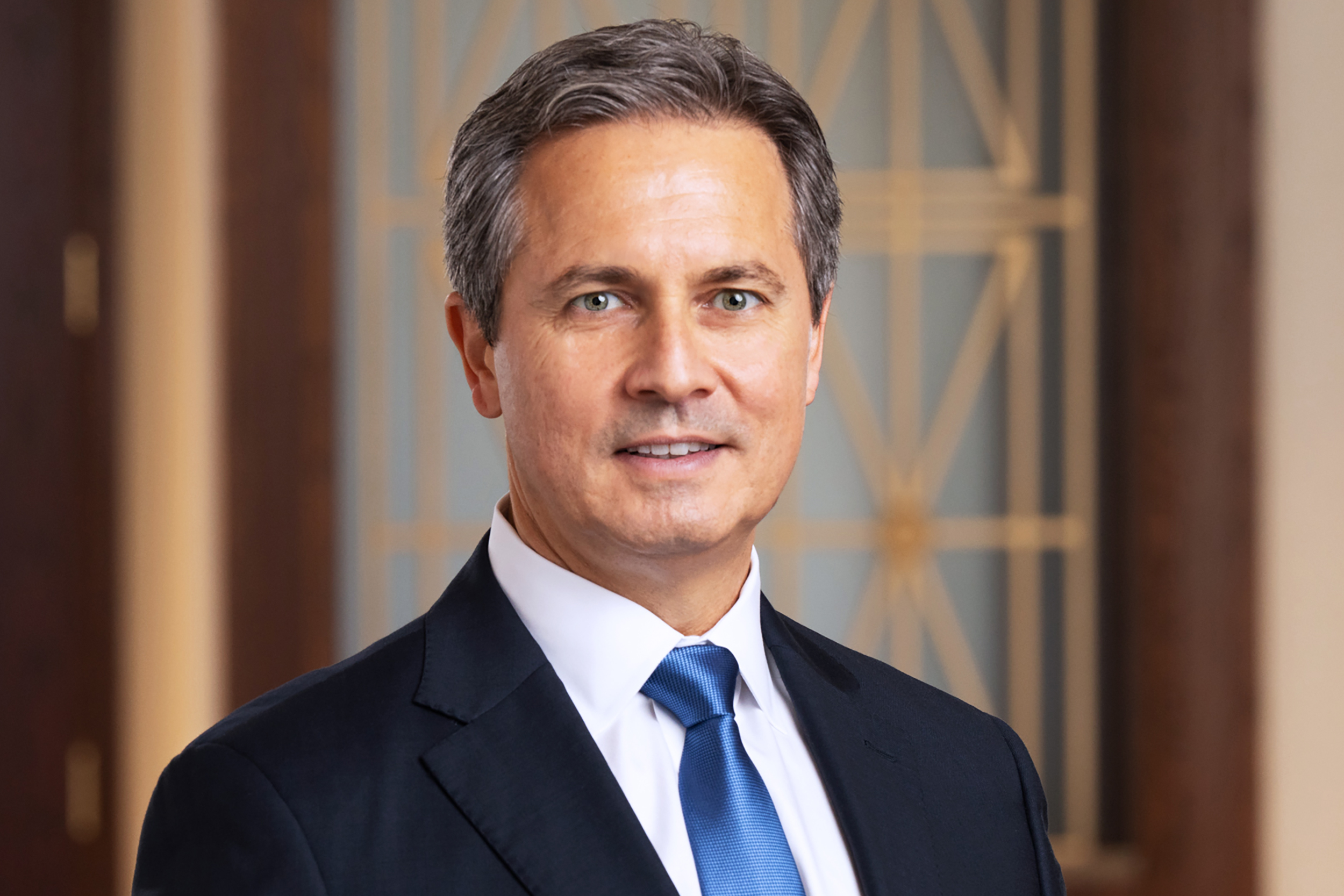
Alberto G. Musalem is the president and CEO of the Federal Reserve Bank of St. Louis, a role he began in April 2024. He participates in the Federal Open Market Committee and oversees the bank’s operations across the Eighth Federal Reserve District. Musalem has extensive experience in economic policy, finance, and markets. Prior to joining the St. Louis Fed, he served as CEO of Evince Asset Management and as executive vice president at the Federal Reserve Bank of New York. He was managing director, partner, and global head of research at Tudor Investment Corp. Early in his career, he served as an economist at the International Monetary Fund. Musalem earned a PhD in economics from the University of Pennsylvania and holds both bachelor’s and master’s degrees in economics from the London School of Economics. Born in Bogotá, Colombia, he has lived in Brazil, Argentina, and the United States.
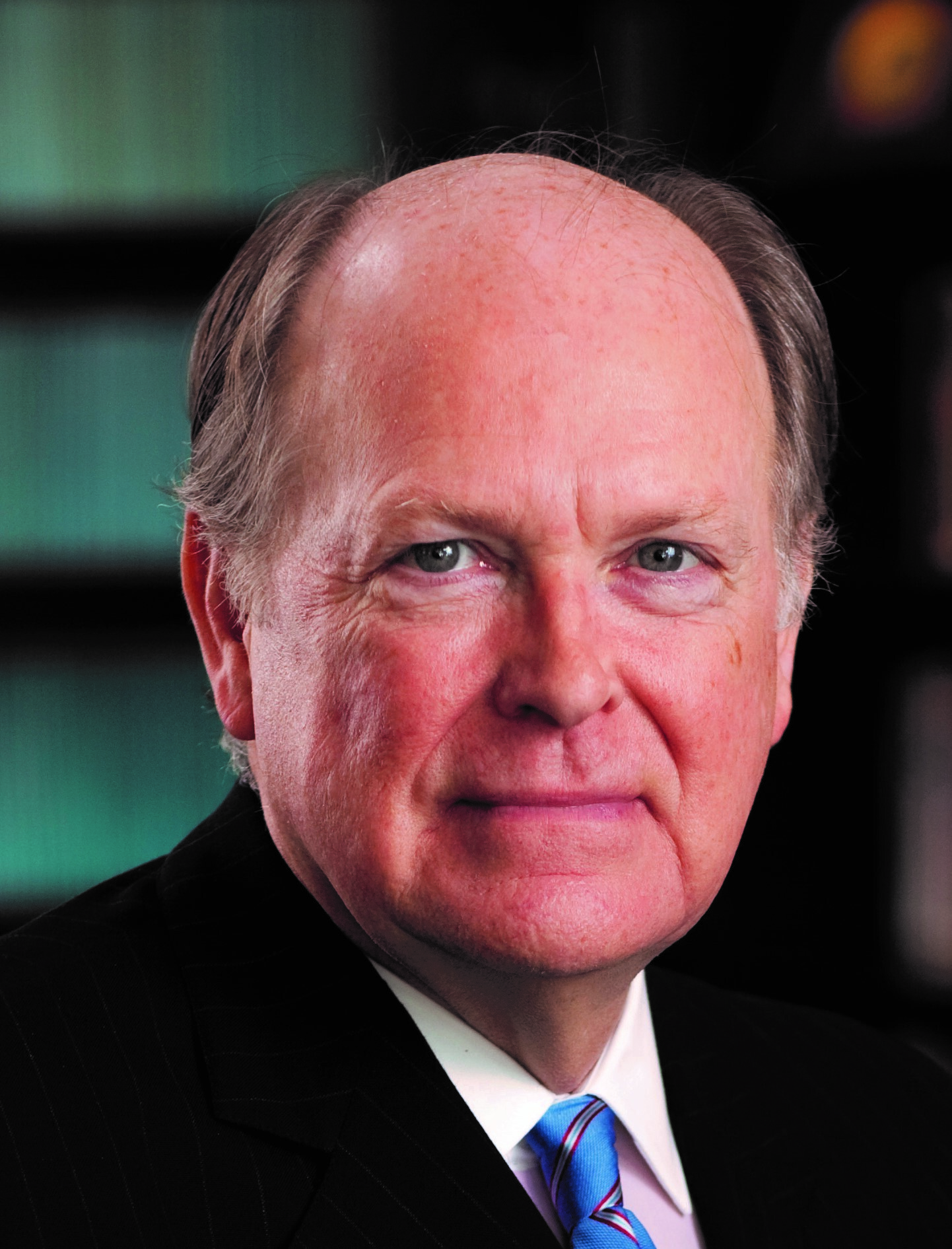
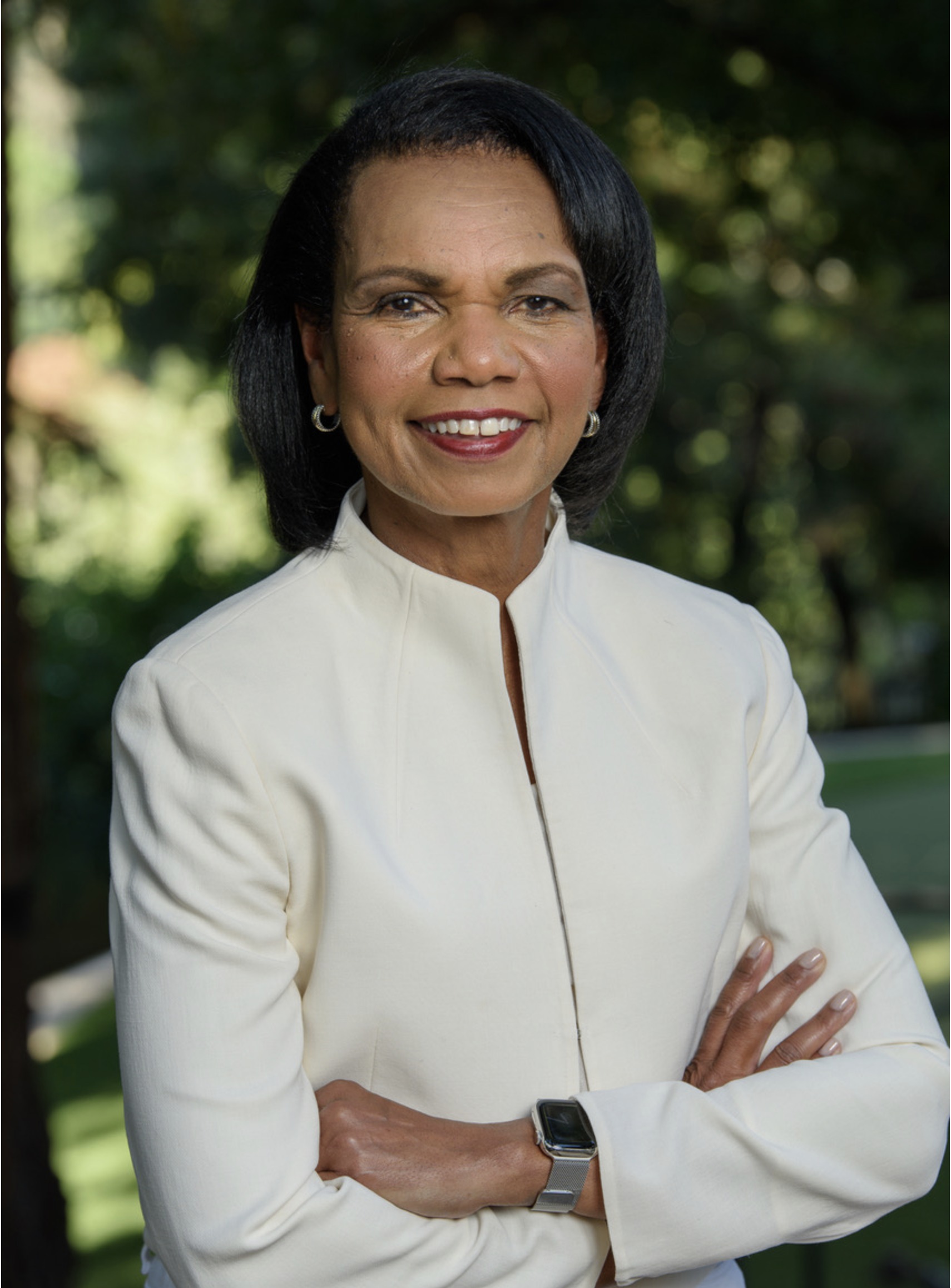
Condoleezza Rice is the Tad and Dianne Taube Director and the Stephenson Senior Fellow on Public Policy at the Hoover Institution. She is also the Denning Professor in Global Business and the Economy at Stanford’s Graduate School of Business and a founding partner of international strategic consulting firm Rice, Hadley, Gates & Manuel LLC. Rice served as the 66th US secretary of state (2005–09) and as national security advisor (2001–05) in the George W. Bush administration. She previously served on President George H. W. Bush’s National Security Council staff and as Stanford University’s provost. She has been on the Stanford faculty since 1981 and has won two of the university’s highest teaching honors. Rice is a fellow of the American Academy of Arts and Sciences and has been awarded over 15 honorary doctorates. Born in Birmingham, Alabama, Rice earned her bachelor’s degree, cum laude and Phi Beta Kappa, from the University of Denver; her master’s degree from the University of Notre Dame; and her PhD from the Graduate School of International Studies at the University of Denver, all in political science.
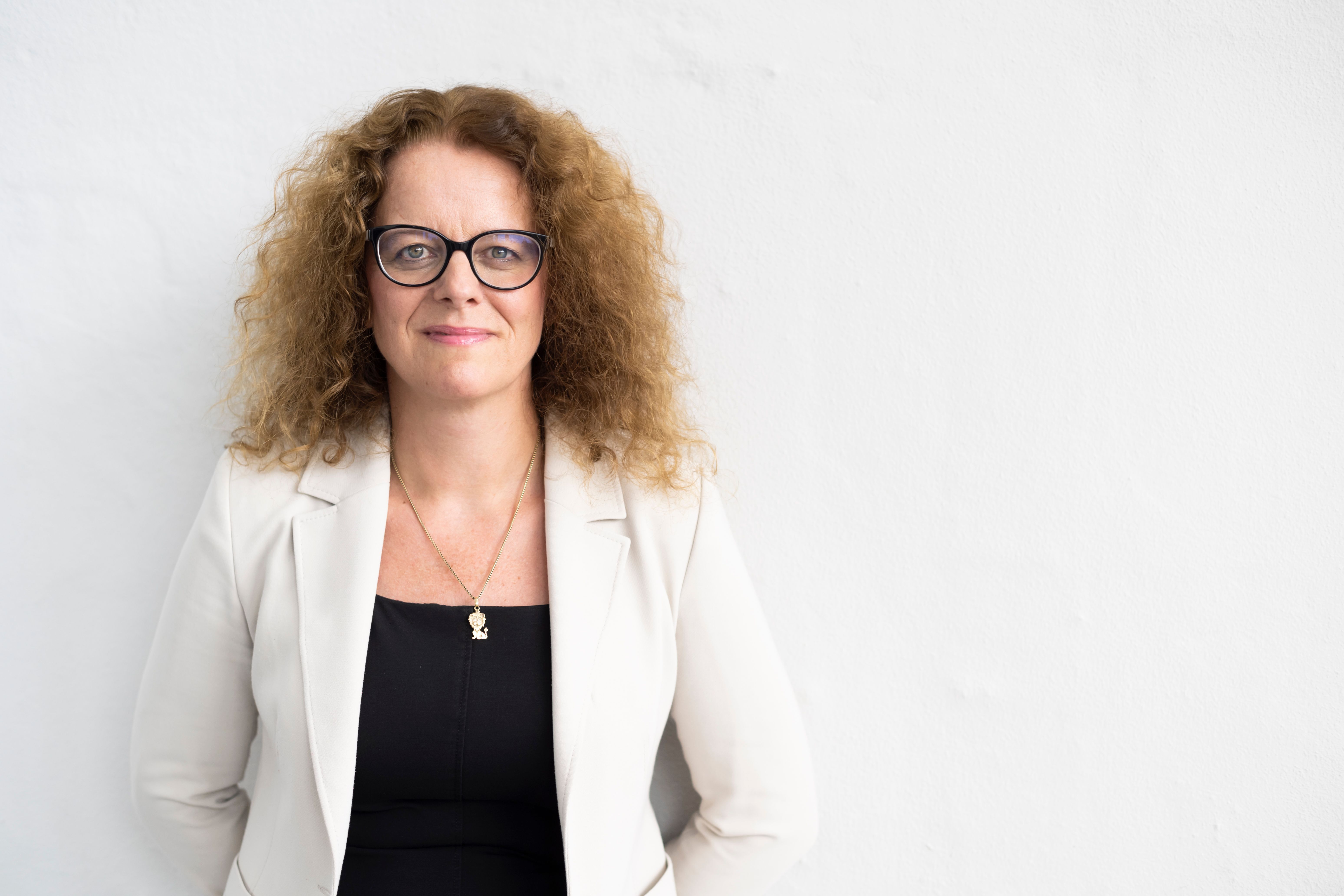
Isabel Schnabel has, since 2020 been a member of the Executive Board of the European Central Bank, where she is responsible for market operations, research, and statistics. She is currently on leave from the University of Bonn, where she has been a professor of financial economics since 2015. From 2014 to 2019 she served as a member of the German Council of Economic Experts. She also served as co-chair of the Franco-German Council of Economic Experts and vice chair of the Advisory Scientific Committee of the European Systemic Risk Board. Schnabel studied economics at the University of Mannheim, Paris-Sorbonne University, and the University of California–Berkeley. She holds a PhD in economics from the University of Mannheim. Her research focuses on financial stability, banking regulation, central banking, international capital flows, and economic history.

Torsten Slok is chief economist and partner at Apollo Global Management, New York. Prior to joining the firm in August 2020, Slok worked for 15 years on the sell-side, where his team was top ranked by Institutional Investor in fixed income and equities for 10 years, including a number-one ranking in 2019. Previously, he worked at the Organisation for Economic Co-operation and Development (OECD) in Paris, in the Money and Finance and the Structural Policy Analysis divisions. Before joining the OECD he worked for four years at the International Monetary Fund, in the division writing the World Economic Outlook and the division responsible for China, Hong Kong, and Mongolia. Slok studied at the University of Copenhagen and Princeton University. He frequently appears in media outlets including CNBC, Bloomberg, The Wall Street Journal, The New York Times, and Financial Times, and he has published numerous articles and reviews on economics and policy analysis in journals including the Journal of International Economics, the Journal of International Money and Finance, and The Econometrics Journal.
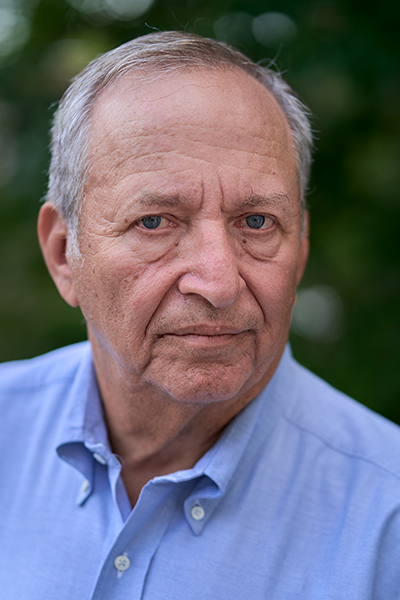
Lawrence H. Summers is the Charles W. Eliot University Professor and President Emeritus of Harvard University. During the past three decades, he has served in a series of senior policy positions in Washington, DC, including as the 71st Secretary of the Treasury for President Clinton, director of the National Economic Council for President Obama, and vice president of development economics and chief economist of the World Bank. At Harvard, he is also the Weil Director of the Mossavar-Rahmani Center for Business and Government at the Harvard Kennedy School.
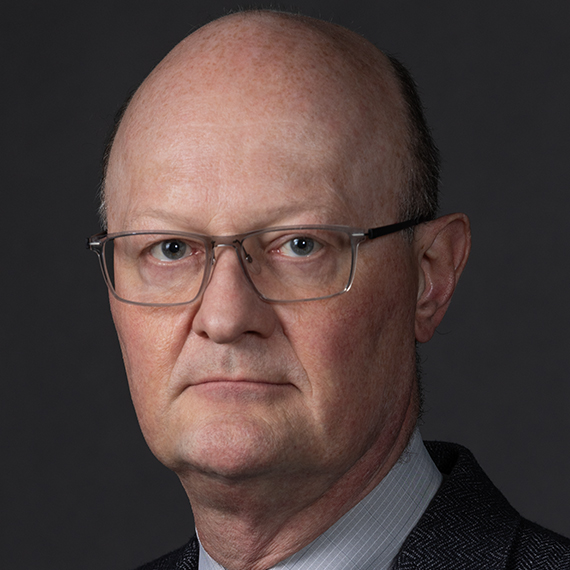
François Velde is a senior economist and economic advisor in the economic research department at the Federal Reserve Bank of Chicago. Velde’s primary research on monetary history and monetary theory has been published in numerous journals. His research topics include medieval currency debasements, the monetary history of the United States, dollarization in Argentina, and the macroeconomics of the French Revolution.
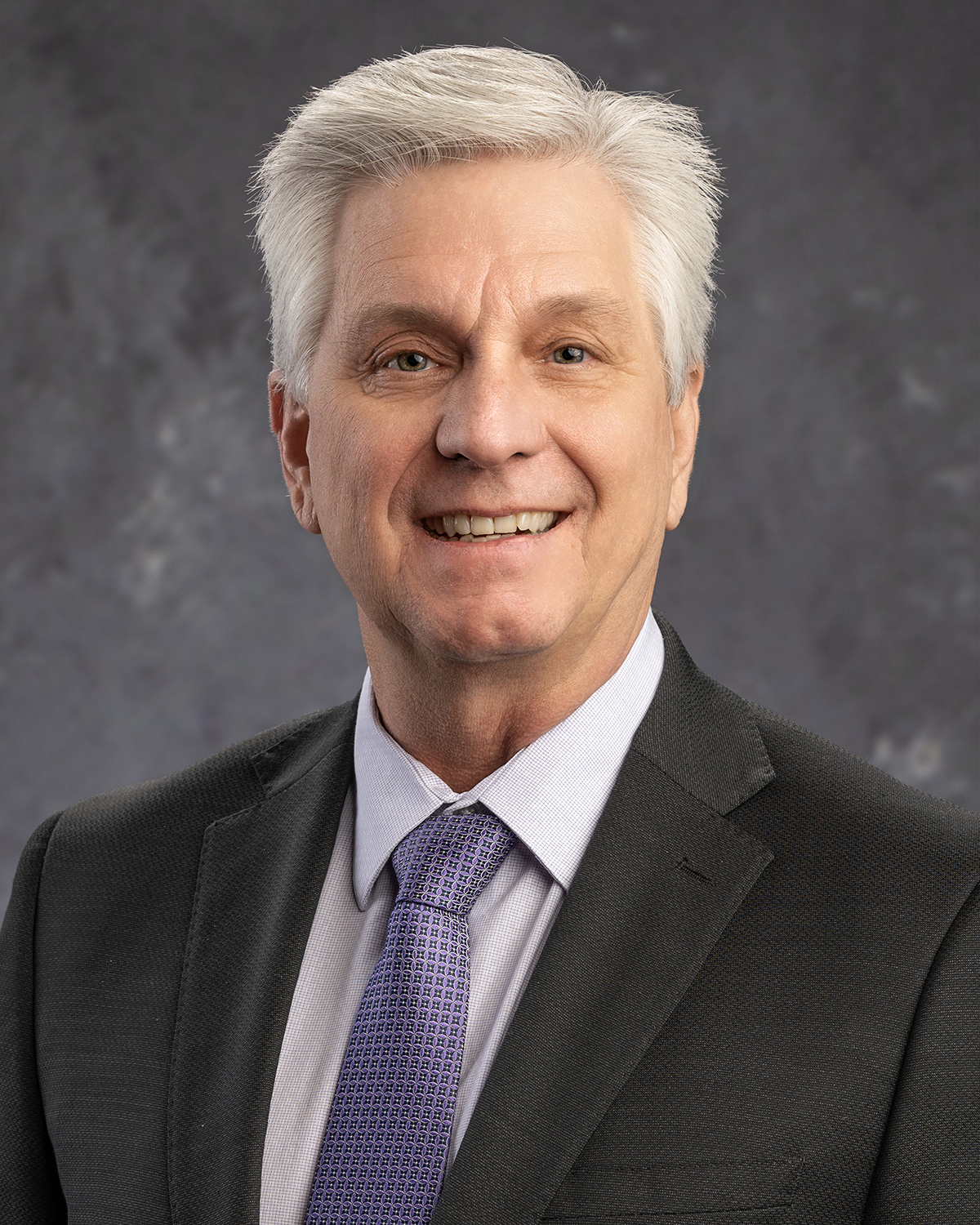
Christopher J. Waller took office as a member of the Board of Governors of the Federal Reserve System in December 2020, to fill an unexpired term ending January 2030. Prior to his appointment, Dr. Waller served as executive vice president and director of research at the Federal Reserve Bank of St. Louis since 2009. In addition to his experience in the Federal Reserve System, Dr. Waller served as a professor and the Gilbert F. Schaefer Chair of Economics at the University of Notre Dame. He was also a research fellow with Notre Dame’s Kellogg Institute for International Studies. From 1998 to 2003, Dr. Waller was a professor and the Carol Martin Gatton Chair of Macroeconomics and Monetary Economics at the University of Kentucky. During that time, he was also a research fellow at the Center for European Integration Studies at the University of Bonn. From 1992 to 1994, he served as the director of graduate studies at Indiana University’s Department of Economics, where he also served as an associate professor and an assistant professor. Dr. Waller received a BS in economics from Bemidji State University and an MA and PhD from Washington State University.
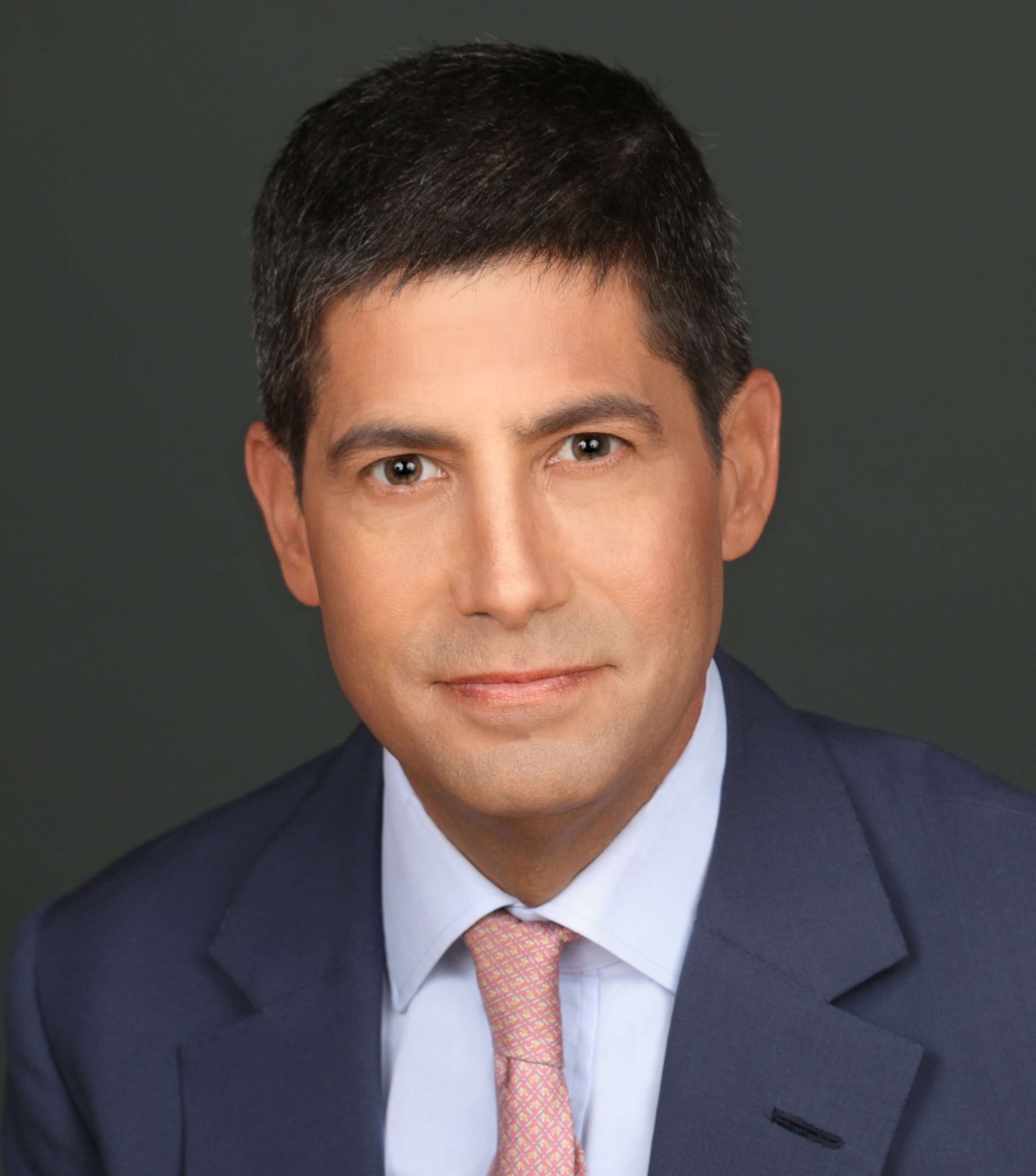
Kevin Warsh serves as the Shepard Family Distinguished Visiting Fellow in Economics at the Hoover Institution and lecturer at the Stanford Graduate School of Business. He is a partner of Stanley Druckenmiller at Duquesne Family Office LLC and serves on the board of directors of UPS and Coupang, the leading Korean e-commerce company.
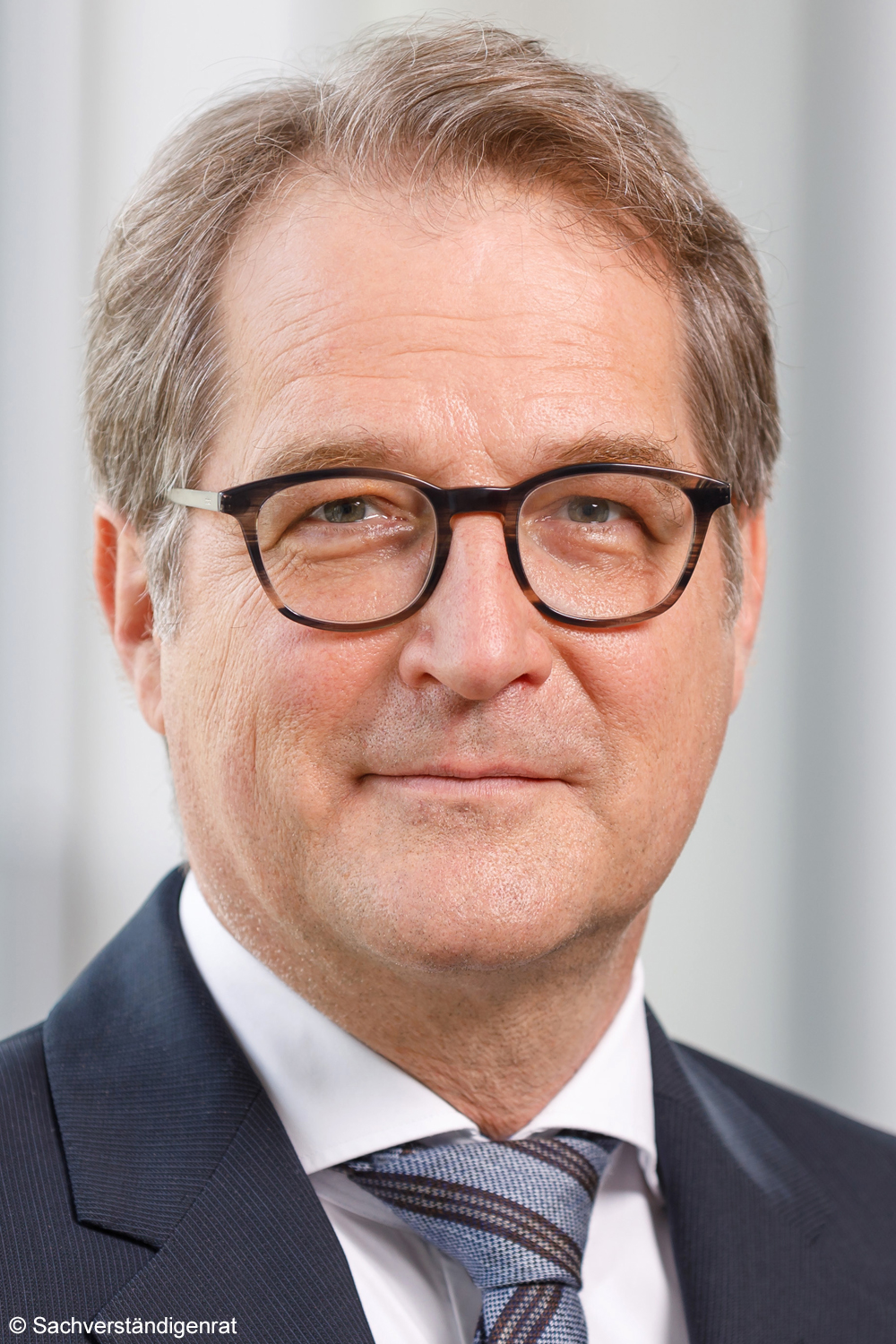
Volker Wieland holds the Endowed Chair of Monetary Economics at the Institute for Monetary and Financial Stability at Goethe University Frankfurt and serves as the institute’s managing director. Wieland is a research fellow at the Center for Economic and Policy Research and a member of the Scientific Advisory Council of the German Ministry of Finance. He is a former member of the German Council of Economic Experts. Wieland holds a PhD from Stanford University. From 1995 to 2000 he was an economist at the US Federal Reserve Board. In 2008–9 he was the Willem Duisenberg Research Fellow at the European Central Bank. Wieland was managing editor of the Journal of Economic Dynamics and Control from 2002 to 2006. His research has been published in the American Economic Review, the Journal of Monetary Economics and the Journal of the European Economic Association, among other publications. He has coordinated the development of the Macroeconomic Model Database.
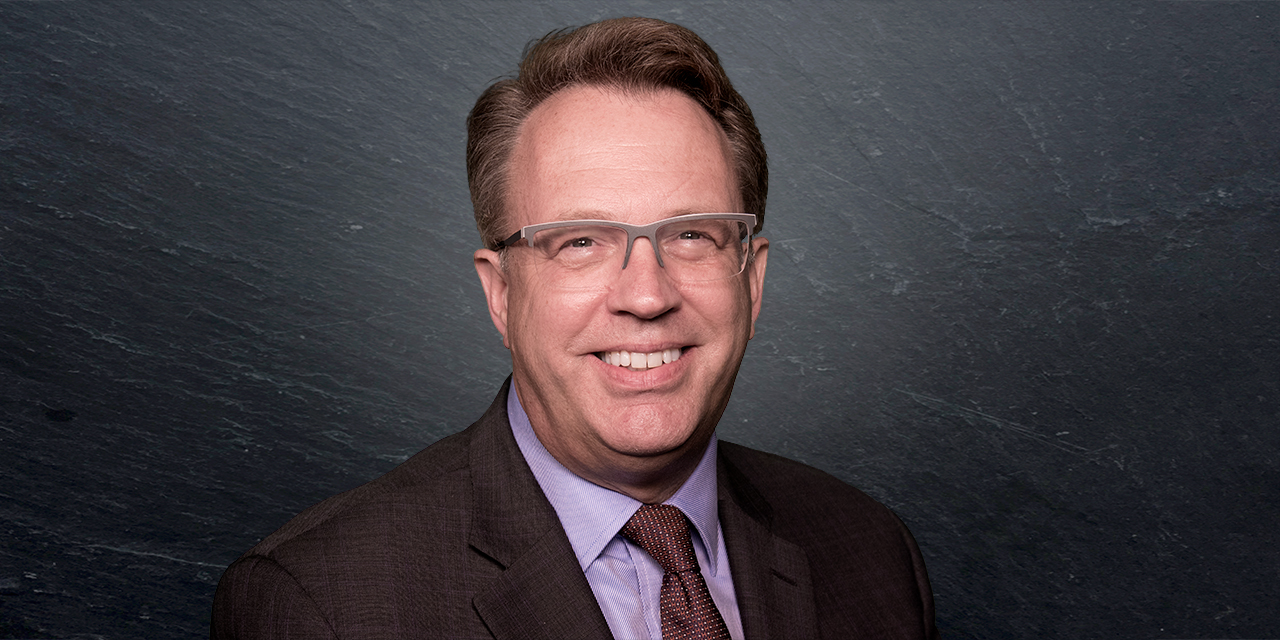
John C. Williams is the president and chief executive officer of the Federal Reserve Bank of New York. In that capacity, he serves as the vice chair and a permanent voting member of the Federal Open Market Committee. From 2011 to mid-June 2018, Williams was the president and chief executive officer of the Federal Reserve Bank of San Francisco, which he joined in 2002 and where he was previously the executive vice president and director of research. Williams began his career in 1994 as an economist at the Board of Governors of the Federal Reserve System. He additionally served as a senior economist in the White House Council of Economic Advisers and as a lecturer at Stanford University’s Graduate School of Business. Williams holds a PhD in economics from Stanford University, an MS degree from the London School of Economics, and an AB from the University of California–Berkeley. His research focuses on monetary policy under uncertainty, business cycles, and innovation. He is a research associate at the Centre for Applied Macroeconomic Analysis and served as managing editor of the International Journal of Central Banking from 2011 to 2016. In addition, he has held associate editor positions at the American Economic Review and the Journal of Economic Dynamics and Control.